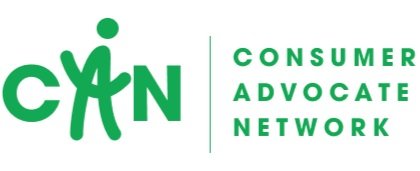Requirements:
This Virtual eCPR Certification Training needs a minimum of 10 participants and is limited to no more than 14 participants.
To receive a certificate you need to participate in both 6-hour sessions.
Good internet connection which includes capacity for both audio and visual connectivity (preferably a computer/laptop, but could include iPad, cell phone, or other means).
If you require a reduced rate or scholarship to attend, please email regarding availability: info@can-dc.org
E-Booklet: Summary of eCPR: http://bit.ly/eCPRE-Booklet
Virtual eCPR/Zoom Guide for Participants: https://bit.ly/eCPR-ZOOM-Participants
Visit the eCPR Website: www.emotional-cpr.org
You will receive an eCPR Resource Book prior to the training. For those who live outside the U.S. there may be an additional fee to cover the cost of postage.

